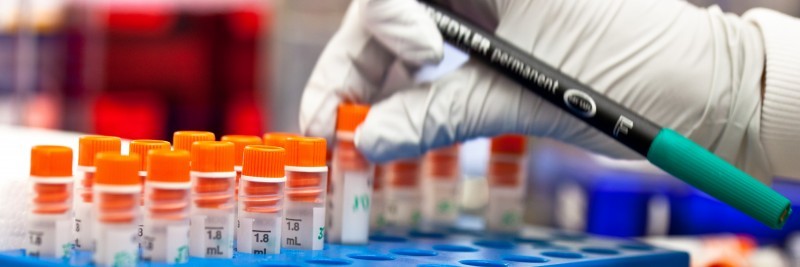
00.00, Monday 19 October 2015
Fellows are invited to attend a discussion dinner at the Academy featuring a talk by Professor Angus Lamond FRS FRSE FMedSci, Professor of Biochemistry, University of Dundee
Cell regulatory mechanisms can now be studied in unprecedented detail using high throughput ‘omics’ techniques, including specifically mass spectrometry (MS) based proteomics and RNA seq. If properly designed, these methods provide the opportunity for making unbiased, system-wide, quantitative measurements of gene expression that directly inform our understanding of biological regulation and disease mechanisms.
The opportunity here is clear: modern quantitative proteomics in particular can reveal detailed insights into proteome dynamics, providing a flexible suite of quantitative assays that we can use to characterize, system-wide, a multi-dimensional array of ‘Protein Properties’. Thus, time-dependent measurements, with isoform resolution, of protein abundance, subcellular protein localization, turnover rates, post-translational modifications, cell cycle variation and specific protein complexes and protein-protein interactions etc. allow a detailed characterization of cell phenotypes in both healthy and diseased cells.
One of the current challenges in using proteomics methods to best effect to study biological regulation is the fact that the protein samples that are analysed usually derive from heterogeneous cell populations. Much of the information concerning how proteome properties are affected by the distinct cell states (eg different cell cycle phases) in the population are usually lost in ‘averaging’ within the proteomics workflow. We are therefore developing experimental workflows for combining MS-based multidimensional proteomics effectively with orthogonal techniques, such as centrifugal elutriation and Fluorescence Assisted Cell Sorting (FACS) to isolate distinct subpopulations of cells and thus improve the resolution of proteomics analyses with respect to defining cell phenotypes and regulatory mechanisms. This lecture will review progress in this area and present data on the systematic analysis of proteome dynamics in human cells during cell cycle progression and oncogenic transformation. Progress in building user-friendly, searchable online tools for the effective sharing of large, multidimensional proteomics data sets with the life sciences research community will also be described..